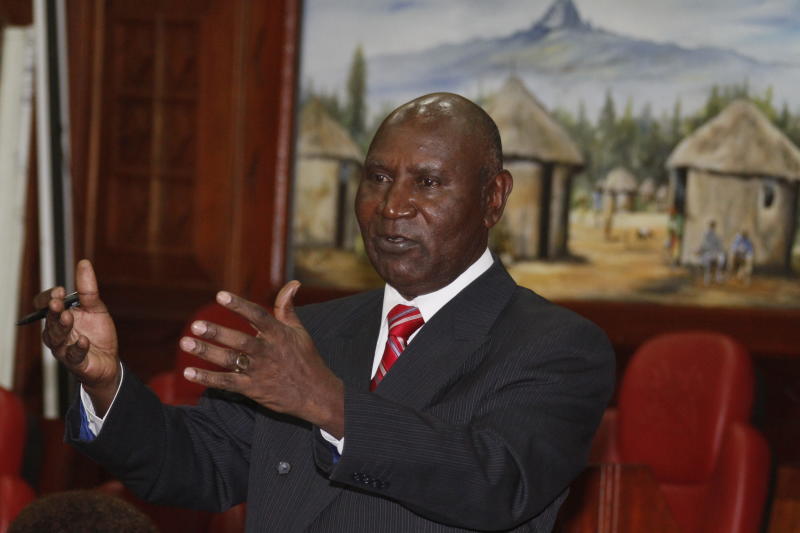×
The Standard e-Paper
Home To Bold Columnists

A report on the upgrading of 85 schools to national status paints a grim picture of the institutions' status.
Auditor-General Edward Ouko said a review of Form One admissions showed continued pressure on the original 18 national schools due to a strain on facilities in 22 of the sampled upgraded institutions.